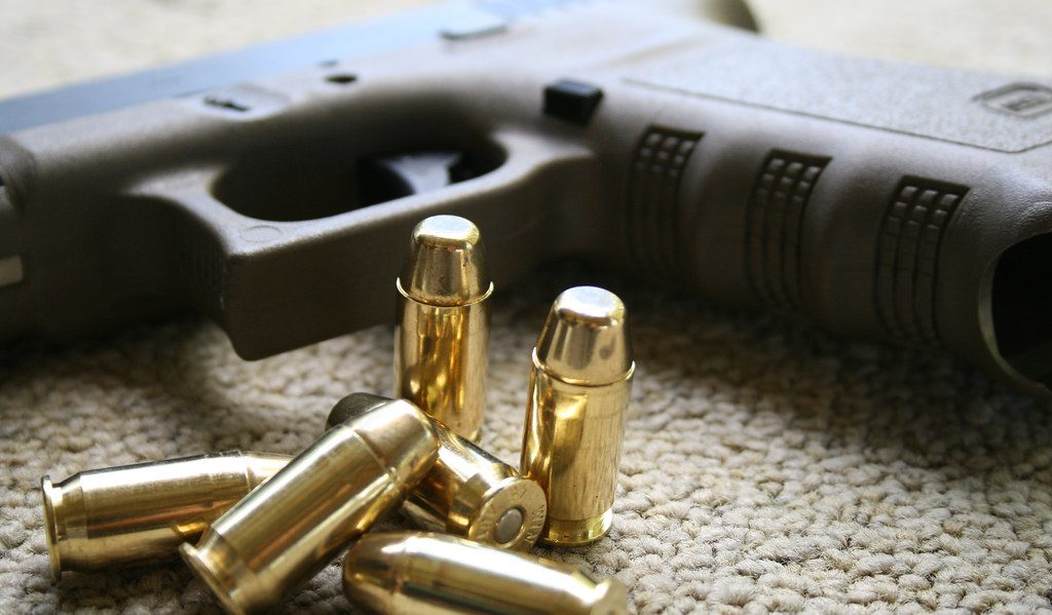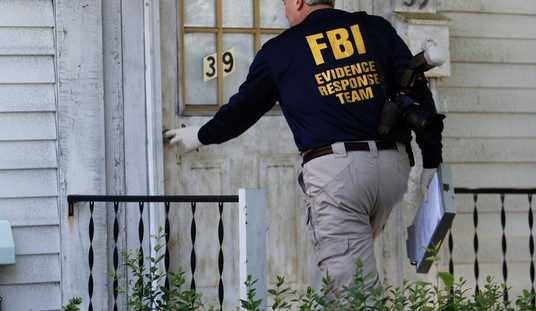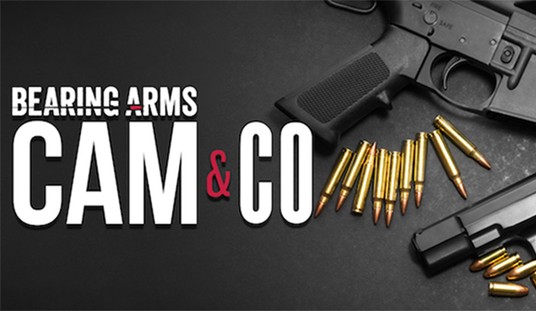The nation of Brazil doesn’t have close to the same gun rights we do. Yet their rights are a lot closer to ours than they were a few years ago.
In recent years, laws have been changed to increase the number of lawful gun owners. Since the South American nation was having some serious issues with violent crime.
It seems those new laws may have done some good.
The gun owners of Brazil are proclaiming victory these days. Private gun ownership, once tightly restricted in Latin America’s largest country, has grown at least sixfold in the four years since President Jair Bolsonaro began relaxing the rules.What’s more, gun enthusiasts say, it’s working: The homicide rate in Brazil — one of the world’s most violent countries — has fallen more than 27 percent since 2017.“Everyone said there would be more homicides when Bolsonaro loosened the restrictions,” said Paulo da Silva, 25, attending the gun show with friends. “But it turned out to be the opposite!”Not so fast, criminologists say. They’ve spent the past four years trying to understand the unexpected decline — and say it has little to do with Bolsonaro or his decrees.Private gun ownership still remains tightly restricted in Brazil, as compared with the United States, and the majority of the population says civilians should not be allowed to own firearms. But the changes here have fueled a new debate over the benefits and harms of allowing more access.Research consistently shows that when private gun ownership goes up, killings follow. Analysts say it’s too early to draw conclusions from what they’re calling a global test case for what happens when strict gun rules are suddenly lifted. But many say the drop here has more to do with organized-crime trends, investment in policing and demographics.
Except that the research in question is usually cherry-picked data that is questionably sourced. We’ve talked about the pathetic state of gun research before.
Yet that last bit is also fascinating because, as it tries to argue, more guns supposedly lead to more crime. However, that’s not what we’re seeing in Brazil. It’s not what we say throughout the 1990s and right up until the pandemic here in the United States, either.
What we saw there was an increase in guns in private hands via the liberalization of gun laws and a decrease in violent crimes like homicides here in the US, and we’re seeing the same thing play out in Brazil.
Now, correlation isn’t causation, which I try to point out regularly.
However, causation should cause correlation. If an increase in guns leads to more homicides, then we should have seen an increase in homicides correlating to the liberalization of gun laws in Brazil. We’re not.
At a minimum, it proves that the restoration of gun rights doesn’t cause the surge in violent crime many anti-gunners proclaim as if it’s an established fact. In fact, it suggests that there’s little to no downside to passing those kinds of laws at all.
And that’s at worst.
The best-case scenario is that this liberalization actually drives violent crime down.
Frankly, the criminologists can say what they want. As far as many are concerned, though, the entire field of academic study into violent crime and gun laws has shot itself in the foot. There’s no reason to take their rationalizations at face value and there never was.








Join the conversation as a VIP Member